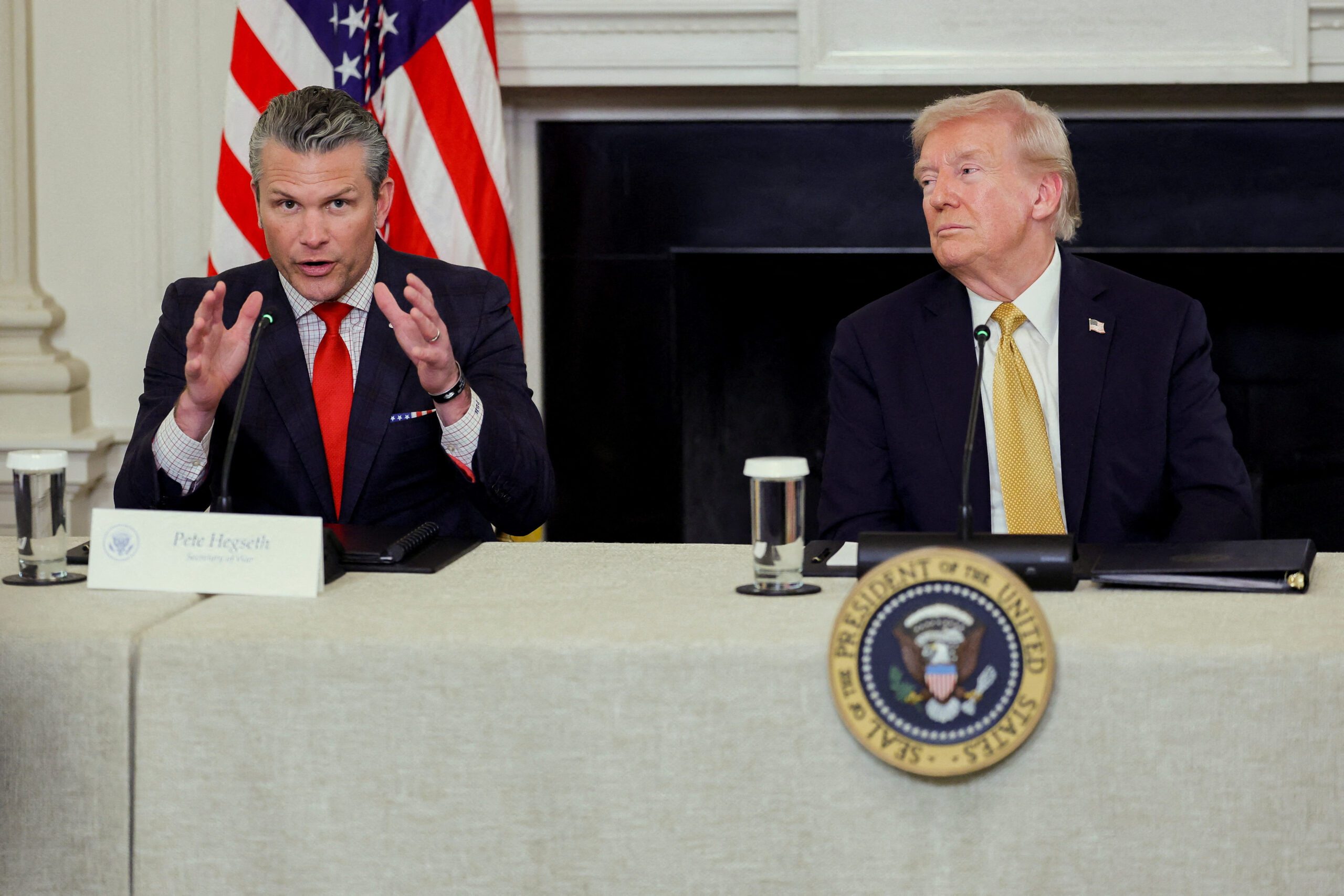 WASHINGTON — The U.S. Coast Guard announced Tuesday that a civilian employee of the service is the U.S. candidate for Secretary General of the International Maritime Organization.
WASHINGTON — The U.S. Coast Guard announced Tuesday that a civilian employee of the service is the U.S. candidate for Secretary General of the International Maritime Organization.
Jeffrey Lantz, the Coast Guard’s Director for Commercial Regulations and Standards, will be a candidate in the International Maritime Organization’s elections scheduled for the 106th International Maritime Organization Council in London, June 27 to July 1, 2011.
Lantz is responsible for developing U.S. national maritime safety and environmental protection regulations and policies. He also oversees U.S. initiatives in the development of international maritime safety, security and environmental protection standards.
“Jeff is one of the Coast Guard’s best senior leaders who has superbly managed commercial maritime regulation with the care and precision it requires,” said Coast Guard Commandant Adm. Bob Papp. “He is a skilled engineer, effective manager and strong negotiator who has demonstrated a keen ability to lead and overcome budgetary and technical challenges over his 36-year career. These strong regulatory and supervisory abilities have enabled him to greatly improve the quality of U.S. commercial shipping. I am absolutely certain he will deliver the same quality and competency if elected as Secretary General of the International Maritime Organization.”
Lantz is also the Chairman for the International Maritime Organization’s Council, the organization’s second highest governing body and the U.S. Head of Delegation to the organization’s Maritime Safety Committee, Marine Environment Protection Committee and other subâ€committees. In this capacity Lantz represents the U.S. on numerous regulatory issues within the international commercial maritime industry including piracy and maritime security, green house gas emissions, human element, ballast water management, and passenger vessel safety.
The International Maritime Organization is a specialized agency of the United Nations, responsible for measures to improve the safety and security of international shipping and to prevent marine pollution from ships. It is also involved in legal matters, including liability and compensation issues and the facilitation of international maritime traffic. The International Maritime Organization was established by means of a convention adopted under the auspices of the United Nations in Geneva, March 17, 1948, and met for the first time in January 1959. It currently has 169 member states.
Additional information on the U.S. nomination can be found at: http://www.uscg.mil/imo/us-nomination/default.asp
Via USCG

 Join The Club
Join The Club












